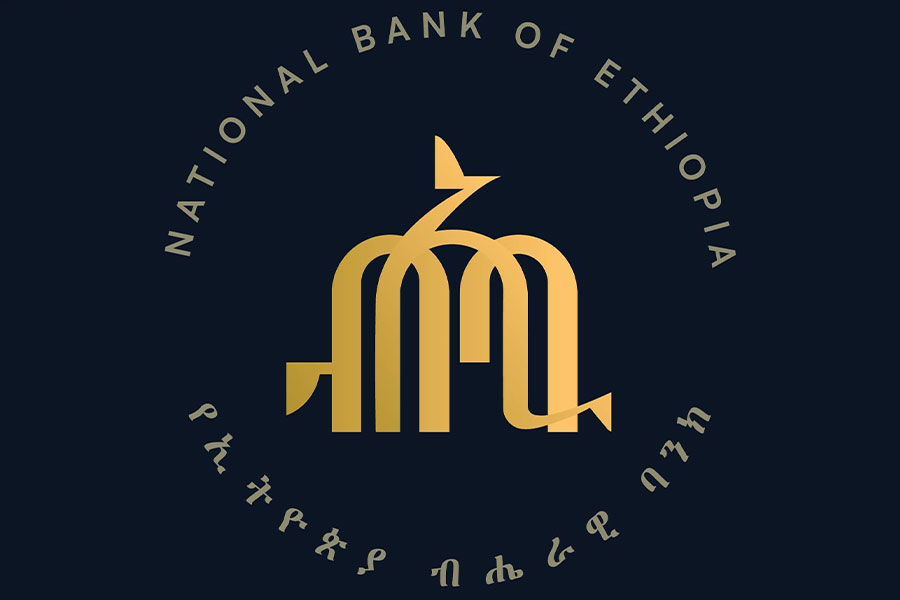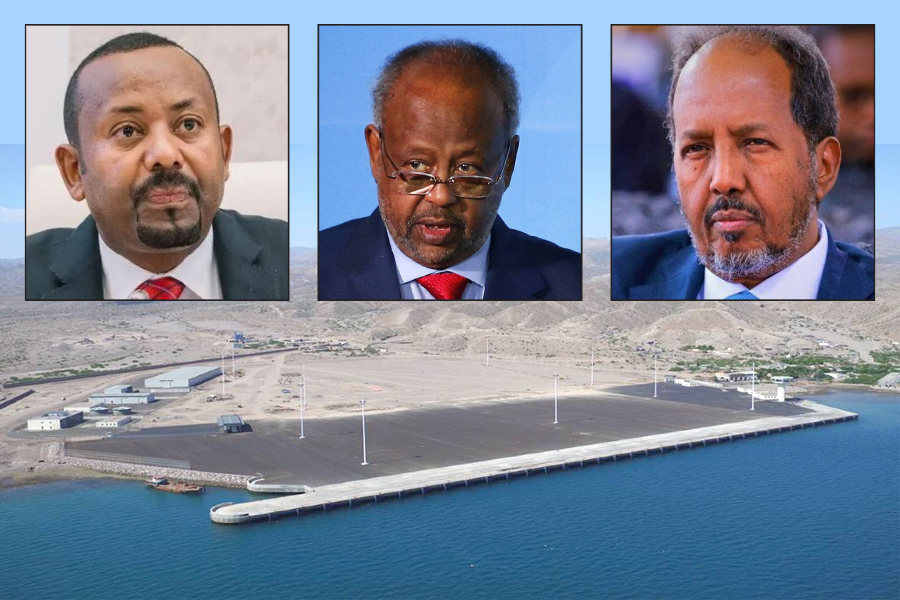
Jun 22 , 2024
By Hintsa Andebrhan
In a recent turn of events, Prime Minister Abiy Ahmed (PhD) has reached out to Qatar, potentially seeking its mediation in the diplomatic tensions with its southern neighbour Somalia. A letter from Prime Minister Abiy, delivered by Finance Minister Ahmed Shide to Qatar's Emir, Tamim bin Hamad Al Thani (Sheik), is reported - at least on the surface - hope to bolster bilateral relations. However, subsequent actions hint at a more pressing agenda.
Three days later, the Qatari Emir held separate phone conversations with Somali President Hassan Mohamud and Prime Minister Abiy, suggesting that Ethiopia may seek Qatari help to resolve its diplomatic tussles with Somalia. Assuming this would be the case, it raises questions about Ethiopia’s leaders' strategic disposition.
The geopolitical dynamics of the Horn of Africa and the Red Sea arena are intricate and influenced by multiple regional and international powers, including Iran. Qatar’s involvement in the region is far from straightforward, as it often operates within a web of alliances and adversaries involving major Middle Eastern players such as Saudi Arabia, the United Arab Emirates (UAE), and Egypt. Qatar has long pursued a distinct foreign policy in this region, often leveraging its relationships to offset the influence of other regional powers.
Somalia, in particular, has been a confluence of Qatar’s strategic interests in the region. Doha has cultivated strong ties with Mogadishu, viewing Somalia as a crucial partner in its broader regional strategy. This relationship extends beyond mere diplomacy; it is part of a calculated effort by Qatar to enhance its influence, often in alignment with Iranian interests. The involvement of other powerful actors further complicates the geopolitical chess game. With considerable interests in Somalia and the broader region, Saudi Arabia, the UAE, and Egypt have not hesitated to assert their influence, often in ways that challenge Qatar’s objectives.
Somalia's leaders have charted these waters with a clear-eyed understanding of its sovereignty and national security priorities, often playing these external powers against one another to their advantage.
Ethiopia appears to be less adept at manoeuvring within this complex geopolitical arithmetic. Addis Abeba’s recent diplomatic overture, including its controversial memorandum of understanding signed with the President of self-declared Somaliland, has placed it at odds with its neighbours and regional heavyweights. The current political crisis in Sudan adds another layer of complexity, as Middle Eastern powers are deeply entangled in shaping the outcomes there, further impacting Ethiopia’s regional standing.
If Qatar is indeed positioned as an impartial mediator between Ethiopia and Somalia, Prime Minister Abiy’s administration will need a robust and nuanced strategy to navigate negotiations in Doha. It is essential to recognise that Qatar, in any mediating role, will likely pursue its interests, which may not align with those of Ethiopia. Given the established rapport between Qatar and Somalia, Doha’s mediation could potentially skew towards favouring Somalia.
While diplomatic engagement is essential for resolving conflicts, it must be approached with a strategic mindset. The complexities of the Horn of Africa's geopolitics demand a nuanced approach, and Ethiopia's leaders should be prepared to navigate these waters with skill and foresight. Engaging Qatar as a mediator may offer a path forward, but only if underpinned by a strong and coherent strategy prioritising Ethiopia’s long-term political and national security interests.
Major Middle Eastern players are unlikely to welcome an enhanced Qatari role in the Horn of Africa. These countries have vested interests and historically supported Somalia’s political agenda over Ethiopia’s in international forums. The Western bloc, led by the United States and Israel, remains vigilant of Qatar’s activities in the region, particularly its cosiness with Iran. The geopolitical stakes are high, and any misstep could have far-reaching implications for Ethiopia’s regional standing and internal stability.
Prime Minister Abiy’s administration would do itself well in crafting a well-defined strategic policy before engaging in any mediated talks under Qatar’s auspices. Diplomatic efforts must be grounded in a clear understanding of the regional power dynamics and a commitment to Ethiopia’s national interests. The strategy could consider carefully exploring alternative diplomatic channels to address Ethiopia's disputes with Somalia. Engaging with regional organisations such as the IGAD and leveraging international frameworks under the United Nations could provide more balanced negotiation platforms, ensuring that Ethiopia’s positions are adequately safeguarded.
PUBLISHED ON
Jun 22,2024 [ VOL
25 , NO
1260]


Viewpoints | Aug 27,2022

Fortune News | Feb 11,2023

My Opinion | Oct 25,2025

Viewpoints | Sep 19,2020

Viewpoints | May 04,2025

Viewpoints | Feb 12,2022

Fortune News | Nov 11,2023

Commentaries | Nov 23,2019

Fortune News | Sep 01,2024

Commentaries | May 03,2025

Photo Gallery | 180803 Views | May 06,2019

Photo Gallery | 170996 Views | Apr 26,2019

Photo Gallery | 162107 Views | Oct 06,2021

My Opinion | 137327 Views | Aug 14,2021

Dec 22 , 2024 . By TIZITA SHEWAFERAW
Charged with transforming colossal state-owned enterprises into modern and competitiv...

Aug 18 , 2024 . By AKSAH ITALO
Although predictable Yonas Zerihun's job in the ride-hailing service is not immune to...

Jul 28 , 2024 . By TIZITA SHEWAFERAW
Unhabitual, perhaps too many, Samuel Gebreyohannes, 38, used to occasionally enjoy a couple of beers at breakfast. However, he recently swit...

Jul 13 , 2024 . By AKSAH ITALO
Investors who rely on tractors, trucks, and field vehicles for commuting, transporting commodities, and f...

Nov 1 , 2025
The National Bank of Ethiopia (NBE) issued a statement two weeks ago that appeared to...

Oct 25 , 2025
The regulatory machinery is on overdrive. In only two years, no fewer than 35 new pro...

Oct 18 , 2025
The political establishment, notably the ruling party and its top brass, has become p...

Oct 11 , 2025
Ladislas Farago, a roving Associated Press (AP) correspondent, arrived in Ethiopia in...

Nov 2 , 2025
The National Bank of Ethiopia (NBE) has scrapped the credit-growth ceiling that had s...

Nov 2 , 2025 . By SURAFEL MULUGETA
The burgeoning data mining industry is struggling with mounting concerns following th...

Nov 2 , 2025 . By YITBAREK GETACHEW
Berhan Bank has chosen a different route in its pursuit of a new headquarters, opting for a transitional building instea...

Nov 2 , 2025 . By BEZAWIT HULUAGER
Nib International Bank S.C. has found itself at the epicentre of a severe governance...